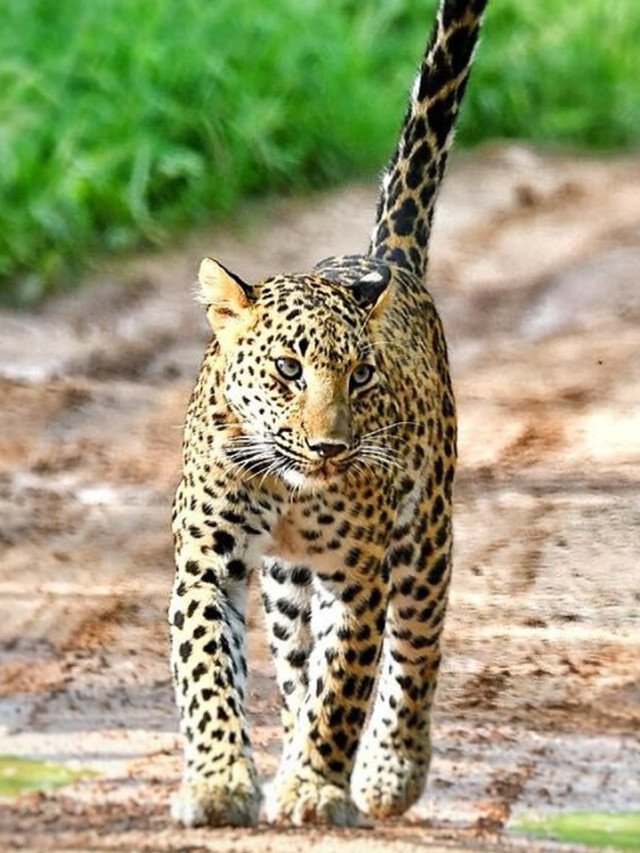NEW DELHI, March 27: Pandemic prevention plans should centre around conserving nature and biodiversity which would secure the food and shelter needs of animals, limiting contact and the transfer of pathogens to humans, researchers have advocated in a new study.
Pandemics, or zoonotic diseases, are considered to begin with a ‘spillover’ event, involving the transfer of disease-causing pathogens circulating among wild animals to humans, livestock or other animals in close proximity.
The international team of researchers has outlined its “evidence-based approach” in the study published in the journal Nature Communications and based it on case studies, including research on how horses and humans become infected with the fatal Hendra virus in Australia.
A “rare emerging zoonosis”, Hendra virus infection causes severe, often fatal, disease in both infected horses and humans. It was identified in the first recorded outbreak of 1994 in Brisbane that affected 21 stabled racehorses and two humans.
“As of July 2016, 53 disease incidents involving over 70 horses have been reported,” according to the World Health Organization (WHO).
Referring to the previous studies, Alison Peel, a wildlife disease ecologist from Australia’s Griffith University said the results showed that the Hendra virus was “most likely to pass from bats to horses in places where habitat destruction has left bats without reliable natural food sources”, further worsened by climate cycles causing abrupt food shortages for the bats.
These changes bring about closer contact of the bats with horses and people, and more stress, thereby increasing the viral load that the bats shed, Peel said.
The effect was, however, found to have reversed when adequate food was available in native forests, the wildlife disease ecologist said.
“This shows how we can prevent new spillovers if we protect where bats eat, protect where bats roost, and reduce land-use changes that increase contact with bats,” Peel added.
The team, which included researchers from the Kerala Agricultural University and the Institute of Public Health, Bengaluru, also looked at a 2019 study describing the evidence of antibodies generated in humans and bats in northeast India in response to filoviruses, another family of animal viruses.
The results implying a local zoonotic spillover were published in the journal PLos Neglected Tropical Diseases.
“The world is focused on how can we detect and then contain a novel pathogen once it is circulating in humans, rather than how can we prevent that pathogen from entering the human population in the first place,” said Raina Plowright, a professor in the Department of Public and Ecosystem Health at Cornell University and the study’s first author.
“For communities who come in contact with animals, it is important to ensure people have the protection that they need to avoid pathogen exposure,” Plowright added.
The authors of the study also emphasised the need for an international agency or panel to assess and generate data on “pandemic prevention, preparedness and response”, along with collecting “metrics on intactness of landscapes, ecological integrity and biodiversity”. (PTI)








